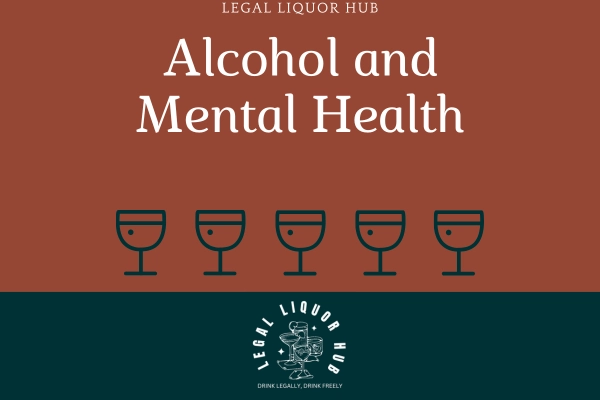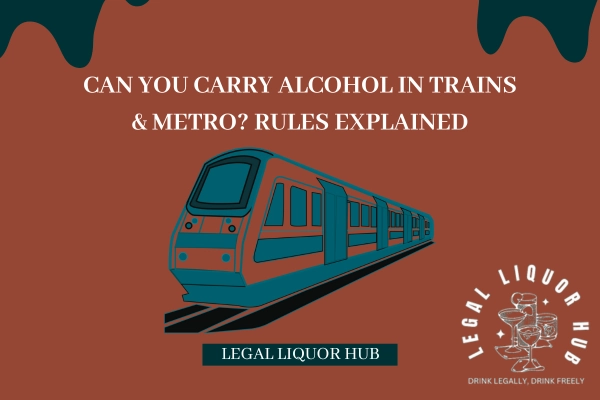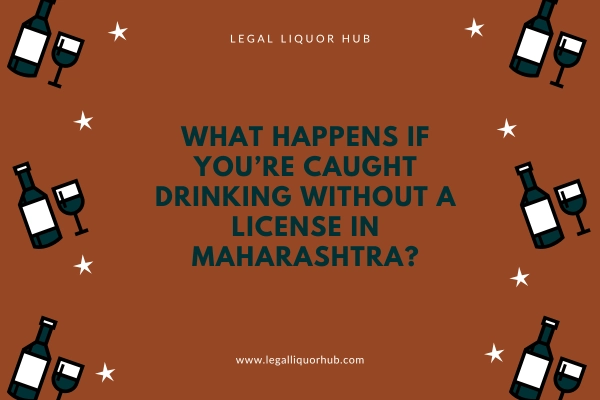Alcohol may feel like a quick stress reliever, but science shows its long-term effects on mental health can be harmful. Learn the truth behind the connection.
Alcohol has been a part of social life for centuries, often linked with relaxation, celebration, or stress relief. But while many people enjoy an occasional drink, science has consistently shown that alcohol can significantly affect mental health. From mood swings to long-term disorders, the relationship between alcohol and the brain is more complex than it seems.
The Immediate Effects on the Brain
When you consume alcohol, it acts as a central nervous system depressant. This means it slows down brain activity, leading to feelings of relaxation and lowered inhibitions. However, these short-term effects can also include:
♦ Poor judgment and decision-making
♦ Increased aggression or irritability
♦ Short-term memory loss
For some, these effects may seem harmless, but frequent use can disrupt emotional stability and mental clarity.
Alcohol and Anxiety
Many people drink to “calm their nerves” or ease social anxiety. In reality, alcohol only provides temporary relief. Over time, it actually increases anxiety by altering neurotransmitter levels, especially serotonin and dopamine. This can create a cycle where a person drinks to reduce anxiety, only to feel worse later—a phenomenon often called the “rebound effect.”
Alcohol and Depression
One of the strongest links science has uncovered is between alcohol and depression. Heavy drinking can:
♦ Disrupt sleep patterns, leading to fatigue and mood swings
♦ Reduce the brain’s natural ability to regulate emotions
♦ Increase the risk of developing depressive disorders
Research shows that people with alcohol use disorder are up to 3 times more likely to experience depression than the general population.
Alcohol and Serious Mental Illness
For individuals living with conditions such as bipolar disorder, schizophrenia, or PTSD, alcohol often makes symptoms worse. Studies reveal that self-medicating with alcohol can:
♦ Interfere with prescribed medications
♦ Heighten paranoia or hallucinations
♦ Trigger mood instability
This combination can make treatment far more challenging.
The Vicious Cycle of Dependence
Because alcohol affects the brain’s reward system, it can create dependency. Over time, the brain begins to associate alcohol with relief or happiness, making it harder to cope without it. This cycle not only worsens mental health but also raises the risk of addiction and long-term brain damage.
Can Moderate Drinking Be Safe?
While some studies suggest that light to moderate drinking (such as a glass of wine occasionally) may not harm mental health, the benefits are often overstated. Experts agree that there is no truly “safe” level of alcohol when it comes to brain health. For those already struggling with anxiety, depression, or other conditions, even small amounts can be harmful.
Healthier Alternatives for Mental Well-Being
Instead of reaching for a drink, science supports healthier coping strategies, such as:
♦ Exercise: Boosts mood-regulating chemicals like endorphins.
♦ Mindfulness & Meditation: Helps reduce stress and anxiety.
♦ Talking Therapy: Provides long-term coping mechanisms.
♦ Social Connections: Genuine relationships without alcohol support mental resilience.
Final Thoughts
Science makes one thing clear: alcohol and mental health are deeply connected, and the risks often outweigh the short-term relief it provides. While occasional social drinking may not be harmful for everyone, relying on alcohol as a coping mechanism can have serious consequences.
Your mind deserves better care than what alcohol can offer. Choosing healthier alternatives can strengthen both your emotional and mental well-being in the long run.
Need Drinking liquor/alcohol permit : Apply Now





